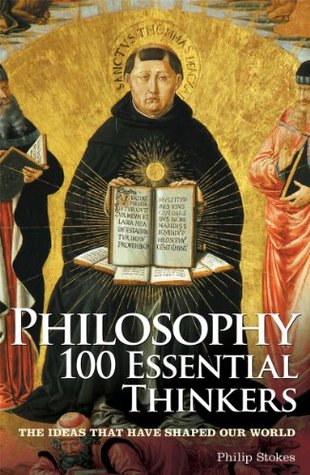More on this book
Community
Kindle Notes & Highlights
He did not write his first independent work until he was nearly forty years old, but soon became famous on its publication. He became the leading French philosopher of the Enlightenment, responsible for inaugurating the Romantic movement in Continental philosophy.
After quarrelling with his one-time friend David Hume in England, he finally expired in Paris, most probably committing suicide.
Apart from his collaboration on Diderot’s Encyclopedia, Rousseau’s best works are his Confessions, Emile, and The Social Contract.
In these works, Rousseau had argued that injustice was a result of institutions which suppress the natural will and ability of men. In the later book, Rousseau introduces his famous concept of ‘the noble savage’, declaring that ‘Men in a state of nature do not know good and evil, but only their independence’, and this along with ‘the peacefulness of their passions, and their ignorance of vice, prevents them from doing ill’.
In other words, as Rousseau sees it, there can be no disharmony between the interests of the sovereign and the interests of the people, since by definition, the former is constituted from the latter.
The ‘Enlightenment’ refers to the currents of ideas and attitudes that appeared in Europe in the late 17th and 18th centuries. Whilst there are various disunited strands of Enlightenment thought, they all share a drive to break the power of dogmatic religion and throw off the shackles of superstition, appealing instead to the power of reason. Feudal social relationships and political absolutism were also rejected.
Inspired by the new science of Galileo and Newton, the Enlightenment is the beginning of the so-called ‘Age of Reason’.
Diderot, born to a cutler in Langres, France, was educated by the Jesuits in Paris. In 1745 the publisher André Le Breton commissioned him to translate an English encyclopaedia into French.
‘To be is to be perceived’ (esse est percipi)
Following Locke’s own causal theory of perception, Berkeley, like others, noted that it implies a logical gap between the subject and reality.
‘the veil of perception’,
The causal theory of perception holds that objects in the external world have a causal effect on our senses and in so doing produ...
This highlight has been truncated due to consecutive passage length restrictions.
Using a series of arguments employing this ‘veil of perception’, Berkeley concludes that since we never perceive anything called ‘matter’, but only ideas, it is an untenable conjecture to presume that there is a material substance lying behind and supporting our perceptions. Locke and others had resisted this suggestion by making the distinction between primary qualites, such as solidity, extension and figure, and secondary qualities, such as colour, taste and smell, claiming only secondary qualities are mind-dependent.
But Berkeley’s arguments appear to show that there is no valid distinction between primary and secondary qualities in perception. As a result, everything turns out to be mind-dependent.
When I close the door on the bedroom, it would seem to fail to exist according to Berkeley, if there is no one inside to continue perceiving it. Berkeley’s reply is that our perceptions are ideas produced for us by God. God perceives everything at all times, so the closed room still exists since it is perceived in the mind of God.
‘What are the necessary preconditions for having any experience at all?’
Probably the greatest and most influential philosopher since Aristotle, Kant spent almost the whole of his life exclusively in his birthplace, Königsberg.
Kant’s influence stems largely from the first two of his three Critiques – the mammoth and cryptic Critique of Pure Reason (1781), in which he sets out to discover and justify the principles underlying objective judgements about reality;
and the shorter, more lucid Critique of Practical Reason (1788), in which he attempts to give a rational justification for ethical judgements. The Critique of Judgement (1790), principally concerned with the ideas of beauty and purpose, has received considerably less attention.
‘what are the necessary preconditions for having any experience at all?’
Kant attempted to define these in terms of twelve fundamental judgements he called the Categories (substance, cause/effect, reciprocity, necessity, possibility, existence, totality, unity, plurality, limitation, reality and negation) which could only be applied within a spatial and temporal framework.
Just as Kant had laid down laws of thought in his first Critique, so in his second he claimed to have discovered a universal moral law which he called ‘the categorical imperative’.
Aesthetics is that branch of philosophy concerned with our experiences in relation to music, poetry and the visual arts.


